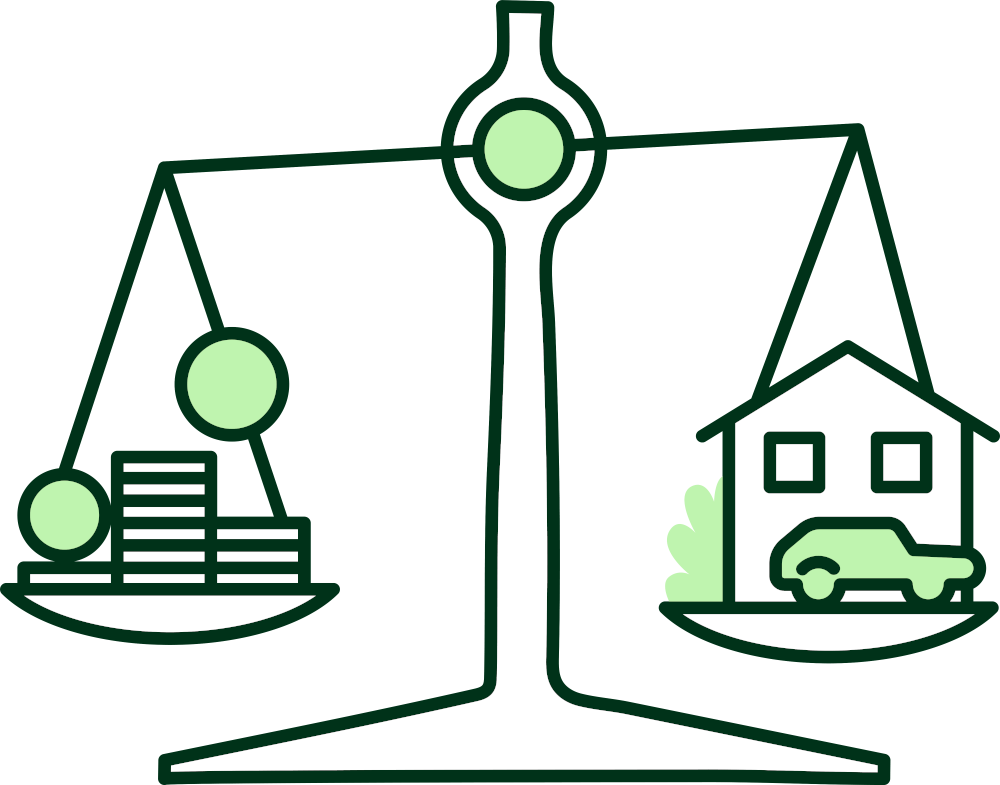What do I need to know?
If a business is threatening to get a county court judgment (CCJ) against you:
- understand the grounds on which you can defend a CCJ
- learn how to complete and submit a defence form
- find out about what might happen if you win or lose
your case.
Before court action starts
Before taking you to court, a creditor must:
- try to avoid court action
- explain how they have calculated the amount they say you owe
- give you all the information you need
- try to reach an agreement with you.
How do I complete a defence form
If someone takes court action against you, they must make clear the reasons for their claim and what you owe in the ‘particulars of claim’.
The court will send you a defence form. You can use this to dispute owing all
or part of the debt or challenge the creditor’s right to take legal action. You
should not defend a claim unless you have reasonable grounds to do this. If you have not got reasonable grounds and you are unsuccessful in defending the claim, you may end up having to pay additional costs.
When completing your form:
- clearly state which points in the particulars of the claim you dispute and provide clear explanations.
- write out your arguments beforehand, possibly as bullet points. This can help you complete the form effectively.
How is my credit rating affected?
If you get a CCJ it stays on your credit report for six years, unless you pay the CCJ in full within one calendar month.
If you successfully defend against the CCJ, it will not appear on your credit report.
What else can I do to avoid a CCJ?
If you attempt to defend the court claim but are unsuccessful in doing so the
CCJ will not be registered unless:
- the court has ordered instalments to be paid; or
- the creditor takes steps to enforce the debt.
If no CCJ has been registered, you can try to negotiate an affordable payment plan directly with the creditor.
If you are not able to prevent the CCJ being registered you can apply to the court for a variation. This sets up an instalment plan that stops enforcement action as long as payments are made.


